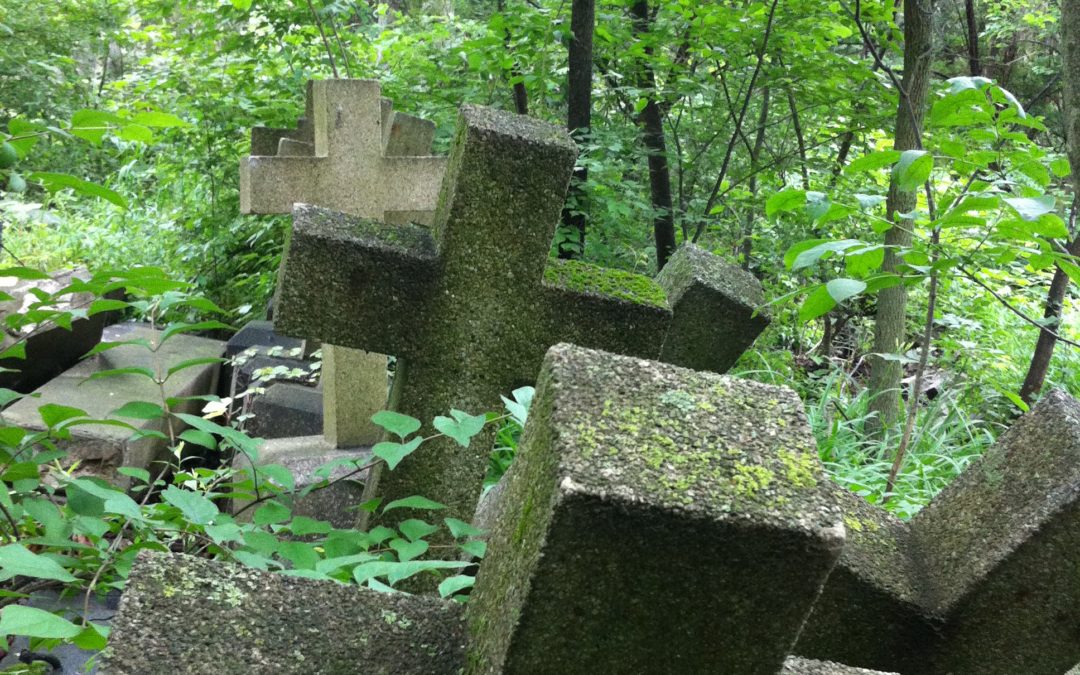I was listening to the radio in my car a couple weeks ago when I heard about Ric Ocasek’s death. I was never a huge fan of The Cars, but when I’m in a 80s-music kind of mood, one of The Cars’ songs may pop up and so I know their hits pretty well. What struck me, though, was what the radio announcer said: “Ric Ocasek, rest in peace. He was 75. Gone way too soon.”
I doubt the announcer gave a whole lot of thought to what he was saying, but I found it interesting that he thought that someone dying at 75 was “way too soon.” I think it speaks to the fact that people are living longer and leading very active lives well into their 70s and beyond (including a few people running for president!).
I’ve been thinking about death more and more recently, partly because people I’ve known (and who are younger than me) have died in recent months. That may be why I was drawn to a moving article in the Christian Century entitled, “We’re all going to die. Why is it so hard to talk about?” In the article, the author (Lori Erickson) described a talk she attended about preparing for death. The discussion was led by a palliative care physician who “began by asking us to list on a piece of paper three sets of things. First, we wrote down five possessions that gave us pleasure; second, we listed five activities that gave us joy; and third, we named the five people we loved most in the world. After we completed our lists, the doctor began talking about a hypothetical patient, a woman whose days were filled with the usual routines, joys, and stresses of ordinary life. But after she discovered a lump in her body, there came a cascade of medical interventions: first a biopsy, then surgery, radiation, and chemotherapy. After a year, it became clear that the treatments weren’t working, and the oncologist told her that she should get her affairs in order. She entered hospice care, and gradually her world shrank to the size of her bedroom. And throughout this story, the doctor periodically paused to ask us to cross an item off our list.”
Near the end of this process of crossing things off their lists, not surprisingly, everyone participating was left as “the emotional equivalent of limp noodles.” I went through a similar exercise many years ago when I was a volunteer working with people living with HIV and AIDS. I can attest to the emotional impact of “crossing off” the people and things you hold most dear and may take for granted.
It’s human nature to cling to life and, even for those of us who claim a belief in the afterlife, the mystery of death can be frightening. But thinking about death can also be clarifying and a helpful way of focusing on what’s most important. There are many pastors/preachers/authors out there who quote John 10:10 (“I came that they may have life, and have it abundantly.”) and encourage Jesus-followers to live their best lives. Which is fine. But, more and more, I’m discovering that the best way to have abundant life is to not be afraid of the mystery of death.

